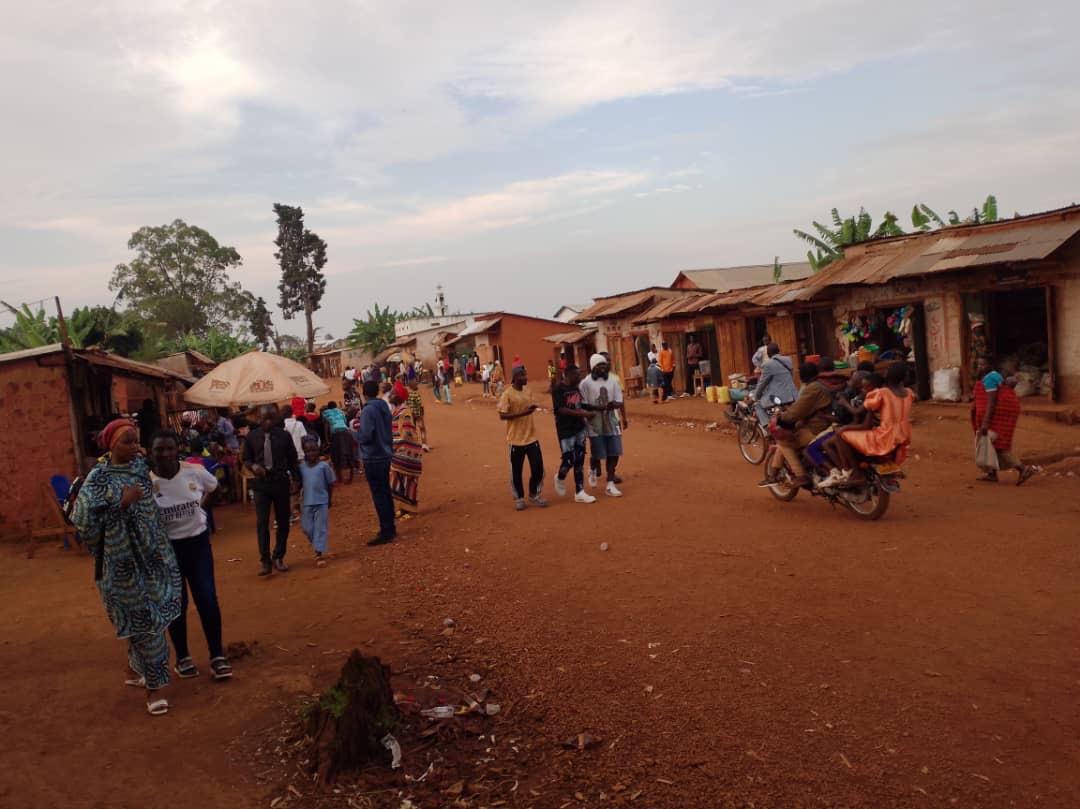Burundi : marriage and resettlement, a broken hope for young Congolese refugees

The situation of young refugees in Burundi has become more complex, especially for those who are considering marriage. Recent decisions by resettlement services have raised serious concerns among these young people, torn between their personal aspirations and the new regulations. INFO SOS Médias Burundi
Young Congolese refugees speak of controversial measures.
During a meeting between a resettlement services official and representatives of refugees from the Nyankanda, Bwagiriza and Kavumu camps, located in eastern Burundi, major concerns were raised. According to the official, several suspected cases of fraud have been identified.
« Many young refugees, mainly those who have recently arrived, seem to contract civil marriages with people already engaged in the resettlement process. These unions make it possible to obtain marriage certificates, thus facilitating the reunification of couples and access to resettlement benefits,” the official explained.
He also denounced practices where refugees pay other people, already in the process of resettlement, to obtain marriage documents. In response, the resettlement services took a drastic decision :
“all refugees who marry a newcomer will be excluded from the resettlement process. Those who marry will not be able to continue their procedures, leaving their families to continue without them,” he specified.
Reactions of concerned refugees
This generalized measure has caused an outcry among legitimately constituted couples. Bahati, a young woman concerned, expresses her anger and incomprehension: “I fell in 0love with a young man in 2022 before getting married. It was not a marriage of convenience. We built our relationship on solid foundations. This decision penalizes us unfairly. »)
Bahati fears the impact on her home : “We want to build our future in the United States. Why should we be punished for that?” she asks.
Samuel, another refugee, shares his frustration : “I’ve seen friends get married for benefits, but that’s not our case. The decision to remove newlyweds from the process is disappointing for those who have real intentions.”
Divine and Bavire, a couple who have been together for a year, say they are victims of an unfair measure : “We love each other and plan to get married. Is it a crime to want to make our union official?”
A call for a reassessment of decisions
Faced with these repercussions, young refugees are calling for a review of the regulations. They advocate for taking into account the sincerity of couples’ intentions rather than collective punishment.
Resettlement, which involves transferring refugees from a country of asylum to another country that grants them permanent residence, remains an essential solution for Congolese refugees, given the impossibility of repatriation due to the war and the obstacles to integration in Burundi. A response adapted to the issues and realities could ease tensions and restore hope to these young people in search of a better future.

